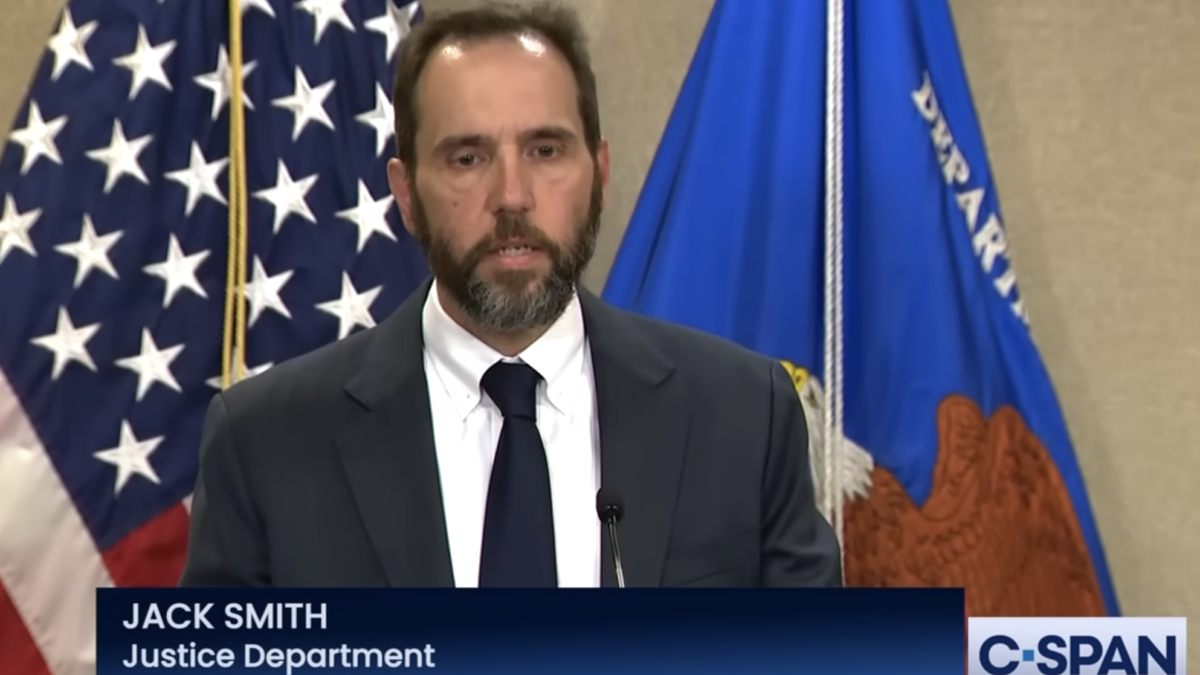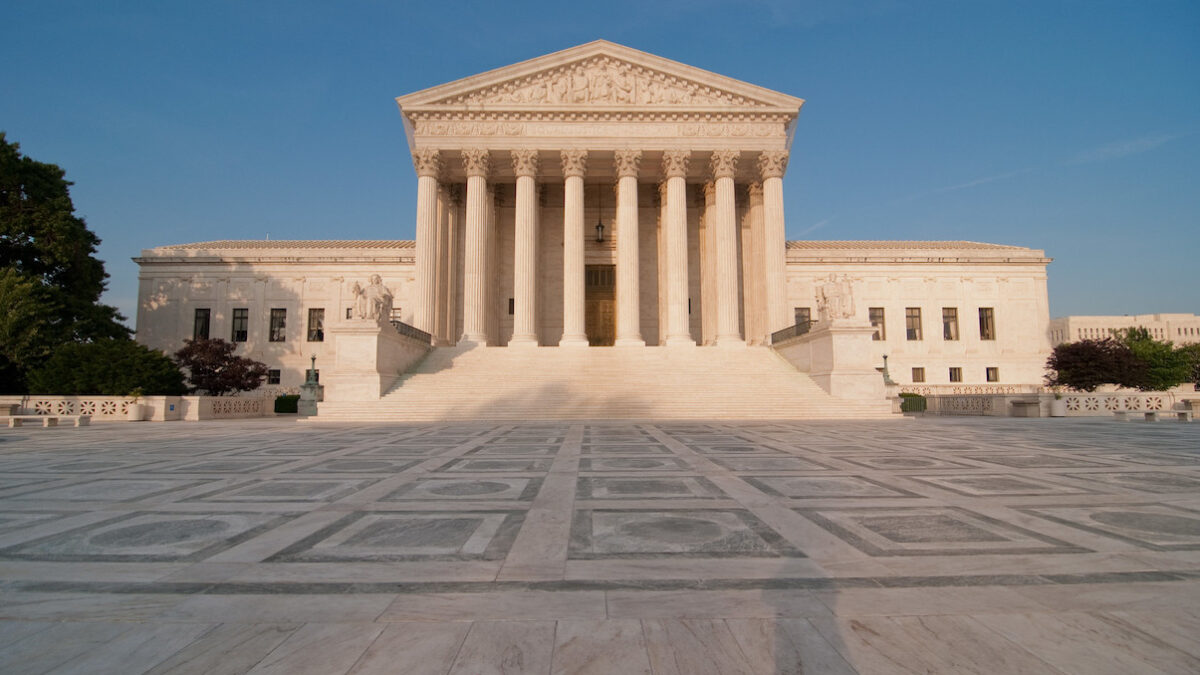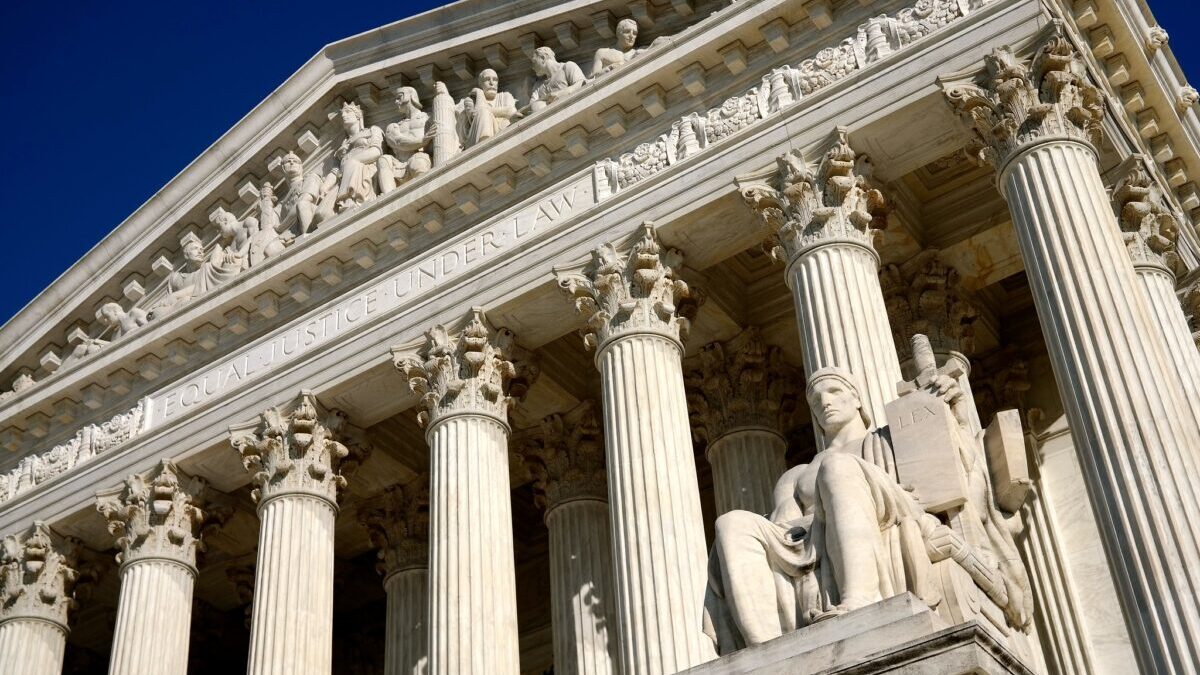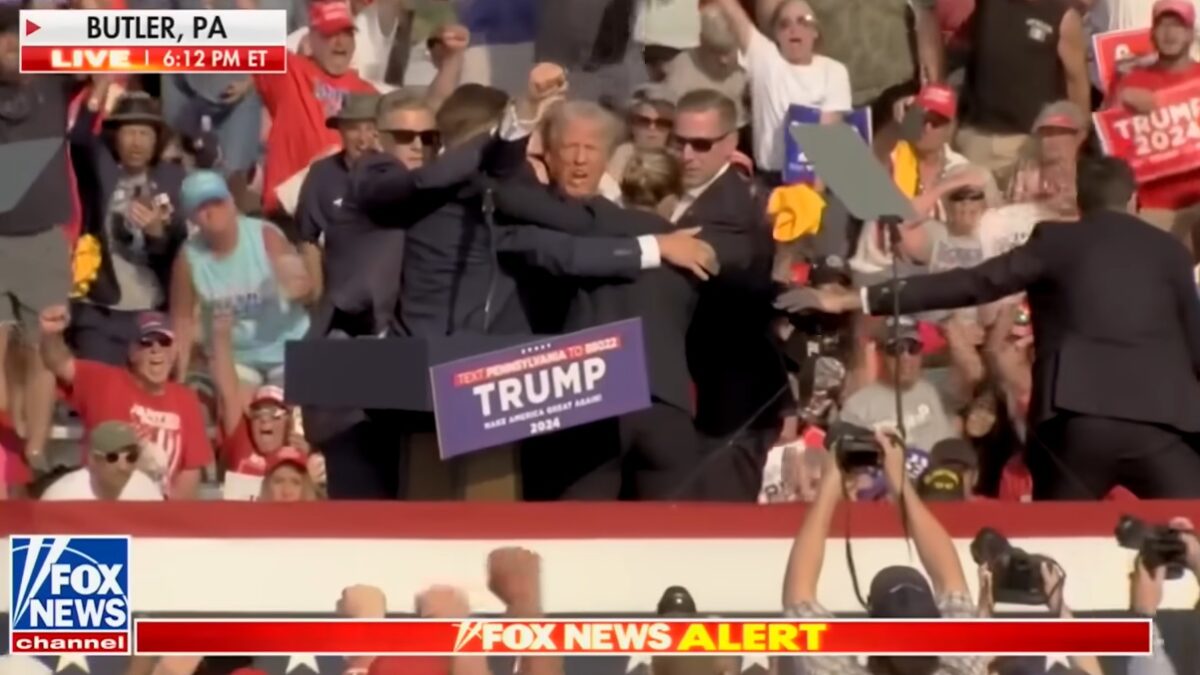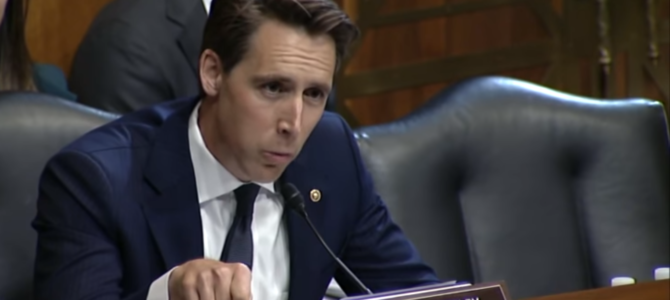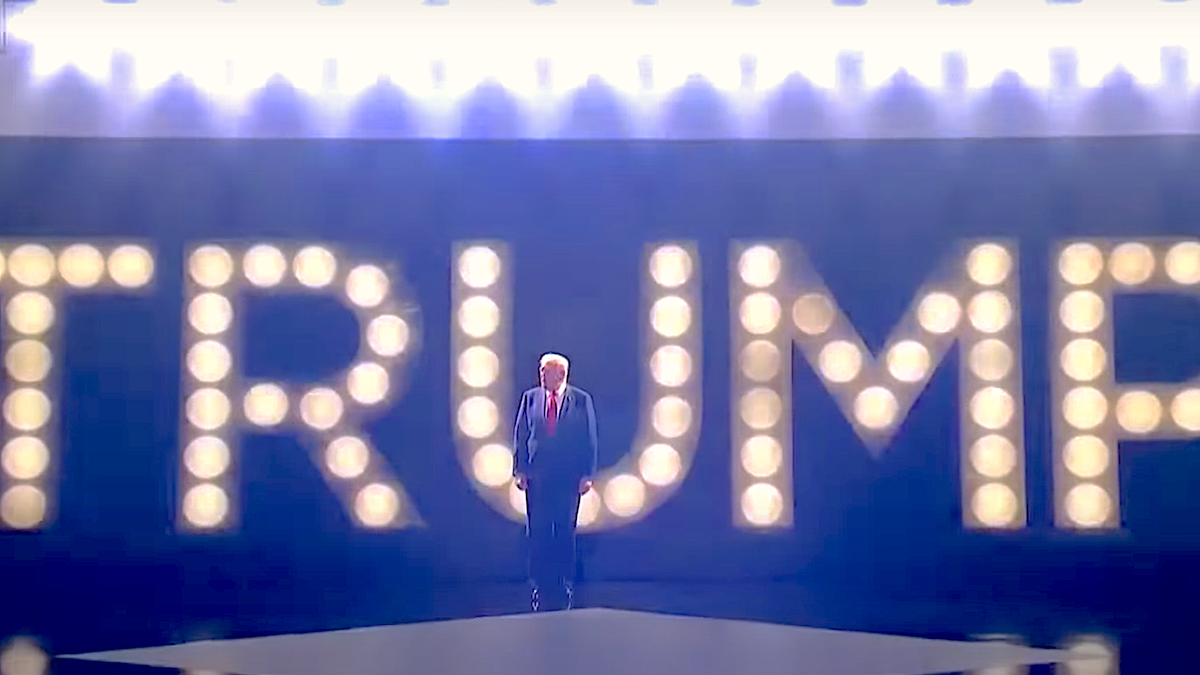On the final day of a significant Supreme Court term, and in one of its most consequential cases, Justice Clarence Thomas delivered a stunning rebuke to our ruling regime for its disingenuous effort to legitimize the republic-eviscerating lawfare inquisition against Donald Trump.
Thomas took to a concurrence in the landmark Trump v. United States case not so much to affirm the majority’s view regarding former President Trump’s immunity from prosecution, but to question whether the Biden Justice Department’s prosecution of Trump itself was legal.
“In this case, there has been much discussion about ensuring that a President ‘is not above the law,’” Thomas wrote. “But, as the Court explains, the President’s immunity from prosecution for his official acts is the law.”
By contrast, the associate justice asserted, “I am not sure that any office for the Special Counsel has been ‘established by Law,’ as the Constitution requires.”
“If this unprecedented prosecution is to proceed, it must be conducted by someone duly authorized to do so by the American people,” Thomas wrote.
Thomas wants the lower courts to weigh in on whether Special Counsel Jack Smith is in fact “duly authorized.”
Under the Constitution’s appointment clause, which is key to ensuring the separation of powers, Congress creates offices, and either presidents fill them with the advice and consent of the Senate or, if Congress delegates them the authority, the president, “Courts of Law,” or “Heads of Departments” may appoint “inferior officers.”
This represented a break from and corrective to the British monarchy, under which, as Thomas recounts, quoting the Declaration of Independence, the king had “erected a multitude of New Offices, and sent hither swarms of Officers to harass our people and eat out their substance.”
Thomas makes a compelling case that Congress never created Special Counsel Jack Smith’s office. Even if it did, he asserts, Smith may well not be lawfully appointed to it. Historically, the legislative branch has created special and independent counsels by statute. Not so in the case of Special Counsel Smith. Attorney General Merrick Garland failed to identify any statute “that clearly creates” Smith’s office.
He did rely on “several statutes of a general nature” to justify Smith’s appointment, per the concurrence. However, Thomas found Garland’s use of 28 U.S.C. §509, 510, 515, 533 to justify that appointment to be dubious.
Sections 509 and 510, Thomas notes, deal with the attorney general’s general functions and “ability to delegate authority to ‘any other officer, employee, or agency.’”
Section 515, which deals with specially appointed attorneys, concerns those tabbed by the attorney general “under law,” suggesting, as Thomas says, “that such an attorney’s office must have already been created by some other law.”
Section 533 concerns the attorney general’s power to “appoint officials … to detect and prosecute crimes against the United States.” Whether or not “officials” are equivalent to “officers,” Thomas writes, “this provision would be a curious place for Congress to hide the creation of an office for a Special Counsel” since it falls within a chapter pertaining to the Federal Bureau of Investigations.
None of these statutes create an office for the special counsel, at least “not with the clarity typical of past statutes used for that purpose,” Thomas wrote.
Separately, he noted in a footnote, Congress has previously granted the attorney general power to appoint “additional officers” as he deems fit, but only to the Bureau of Prisons. This further suggests that the legislative branch circumscribed the appointment power and would have been apt to specify it if intended that the attorney general could appoint a special counsel like Jack Smith.
While presidents have appointed special prosecutors previously, and without pointing to a specific authorizing statute, Thomas concedes the Supreme Court has never ruled on the constitutionality of those appointments. He concludes:
Respecting the protections that the Constitution provides for the Office of the Presidency secures liberty. In that same vein, the Constitution also secures liberty by separating the powers to create and fill offices. And, there are serious questions whether the Attorney General has violated that structure by creating an office of the Special Counsel that has not been established by law. Those questions must be answered before this prosecution can proceed. We must respect the Constitution’s separation of powers in all its forms, else we risk rendering its protection of liberty a parchment guarantee. (Emphasis mine)
It is perhaps unlikely that Judge Tanya Chutkan, the presiding judge in the Jan. 6 case in which the presidential immunity question arose, will seriously weigh any challenge to Special Counsel Smith’s legitimacy.
[READ: Judge Presiding Over Trump’s Jan. 6 Trial Has Track Record Of Politically Charged J6 Rulings]
Judge Aileen Cannon, however, who is overseeing Jack Smith’s classified documents case, has shown a willingness to check the Justice Department’s work. That seems more than prudent given the seeming abnormalities and defects in that prosecution and the zealousness that has led Smith to be smacked down by the Supreme Court historically, and in just the last two business days with the Fischer case, potentially wiping out of two of Smith’s four Jan. 6 charges. Now the Supreme Court’s presidential immunity ruling eliminates meaningful portions of the indictment as grounds for prosecution.
Despite the court providing checks on Biden’s hyper-political and weaponized Justice Department, it remains remarkable that merely one justice stepped into the breach to raise his hand and demand the courts scrutinize the lawfulness of Smith’s office itself.
We ought to celebrate Thomas’ devotion to the Constitution and willingness to stand alone in its defense, but that he did so here is a reminder that the courts are no panacea. Ultimately, there is no substitute for vigorous legislative action to combat an administrative state run amok.
